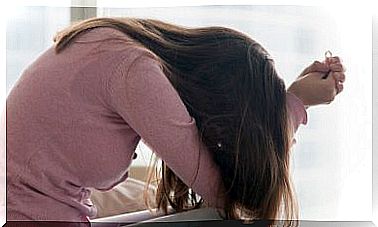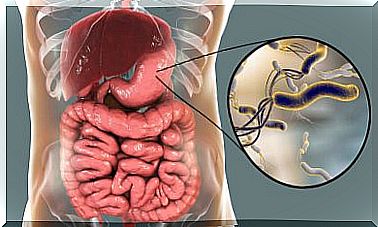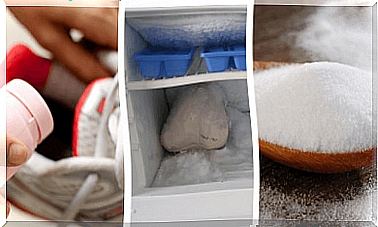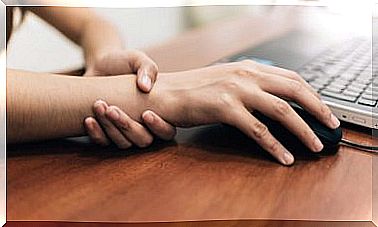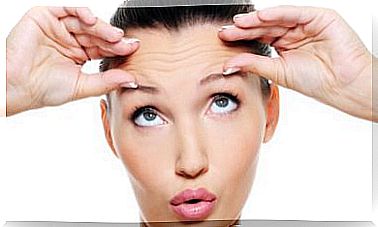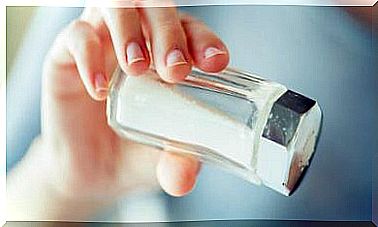Antidepressants And Alcohol: What Are The Effects Of Their Combination?
There are people who do not think twice and combine antidepressant drugs and alcohol, not knowing that this combination of substances can have serious consequences for their health. They go out, buy them a beer and they don’t say no. On the contrary, they drink one, two and as many as it takes to “feel good” and “seize the moment.” Also, they think that for once, that they do it, nothing will happen to them, and other issues like that.
15% of people with a mood disorder are dependent on alcohol, which can aggravate the situation in many cases. For this reason, it is essential to learn to avoid the combination of antidepressants and alcohol. Let’s dive in more about it below.
What are antidepressants?
Antidepressants are a well-known treatment option for depression, a disease that affects 15% of the population.
In the body we have substances called neurotransmitters that are responsible for transmitting signals. One of them regulates mood and its deficiency leads to depression. It is serotonin, although it is not the only one involved in this disease.
In this way, antidepressants aim to increase the concentration of these neurotransmitters in the body and thus reverse this pathological state of mind.
There are different types of antidepressants such as:
- Selective serotonin reuptake inhibitors (SSRIs).
- Serotonin and norepinephrine reuptake inhibitors (SNRIs).
- Atypical antidepressants.
- Tricyclic antidepressants.
- Monoamine oxidase inhibitors (MAOS).
What effects do they produce?
Despite having a different mechanism of action, they are all designed with the purpose described. Among the side effects that can occur in the body we can highlight:
- Sickness.
- Insomnia.
- Constipation.
- Blurry vision.
- Dry mouth
- Fatigue and drowsiness
- Agitation, restlessness and anxiety.
The danger of taking antidepressants and alcohol
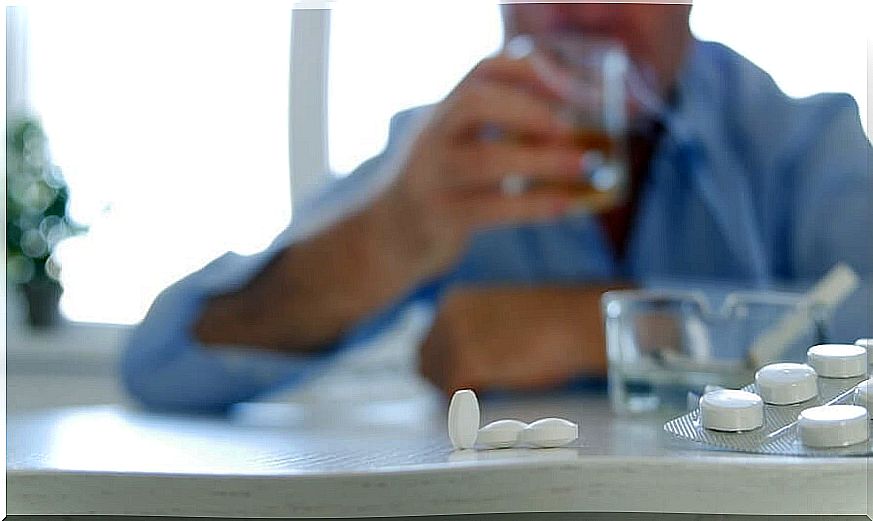
The exact interaction between alcohol and antidepressants is not yet known. Many times it depends on the amount of alcohol consumed or the type of antidepressant used.
For example, selective serotonin reuptake inhibitors, as we have seen, increase the concentration of this neurotransmitter, preventing its reuptake. On the other hand, alcohol also increases serotonin levels, albeit temporarily.
In this way, a person who takes antidepressants and alcohol is at risk of having too much serotonin in the brain and, as a consequence, developing serontonin syndrome.
What is serotonin syndrome?
As we have mentioned, it is a clinical condition that is triggered by an excess of serotonin. Its severity varies greatly and depends on the triggering cause. This condition is characterized by the fact that the patient suffers from restlessness, agitation, high blood pressure, muscle spasms, and diarrhea. Even in more serious cases, the life of the patient can be in danger.
On the other hand, if alcohol consumption is chronic and prolonged, it can lead to low levels of serotonin. The reason for this is that our body adapts to psychoactive substances through a phenomenon known as habituation.
Thus, when getting used to drinking alcohol, depressive symptoms appear because the available serotonin decreases. And if, in addition, antidepressants are taken, the result will be a decrease in their effectiveness.
Effects of the combination of antidepressants and alcohol
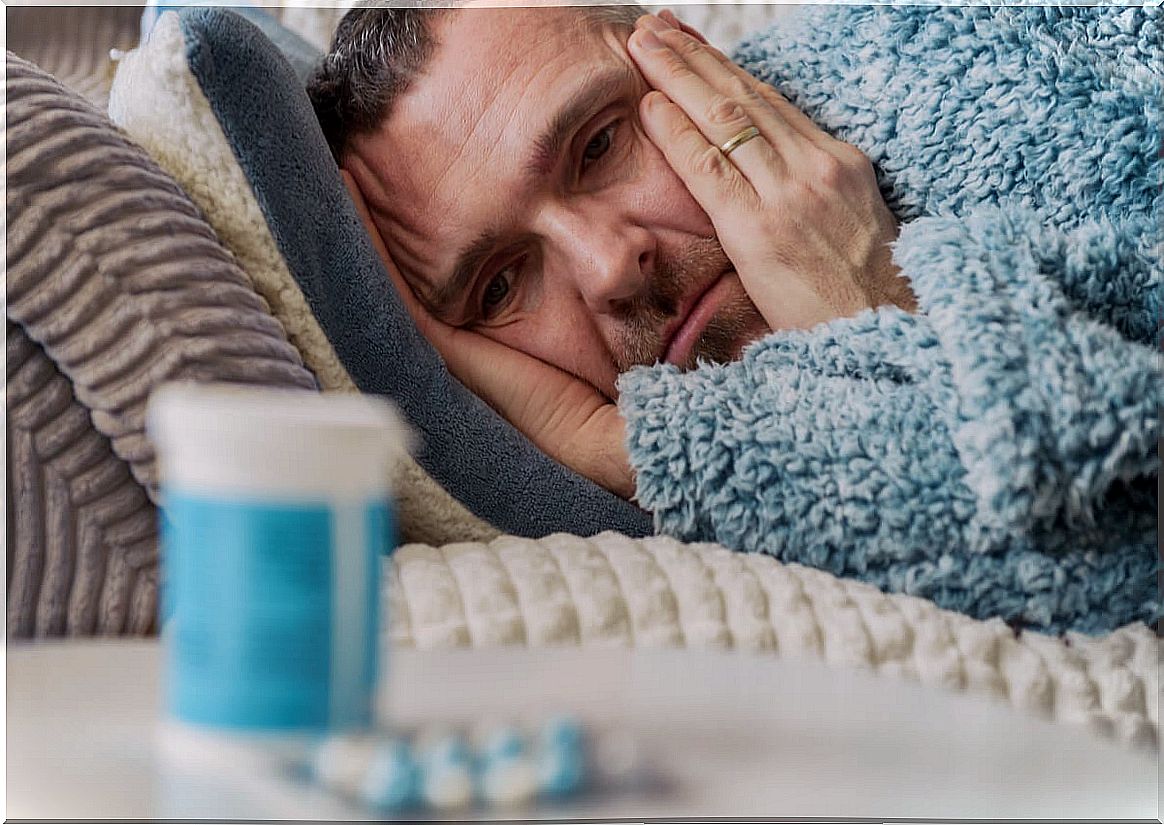
The resulting effects of this combination of substances are an aggravation of the adverse effects of antidepressant drugs. Some examples are:
- Aggravation of the depressive picture : consuming alcohol can counteract the beneficial effects of antidepressants, generating greater difficulty in treating symptoms.
- Decreased cognitive activity : Alcohol affects coordination, thinking, and reaction times. Therefore, if both substances are combined, these effects will be aggravated by the effects of antidepressants on the central nervous system.
- Sedative effects : some antidepressants can cause drowsiness. This effect is also characteristic of alcohol. Therefore, when both substances are taken together, the sedative effect can be intensified. You have to be especially careful if you are going to drive, for example.
- Risk of death : this, obviously, is the most serious consequence that the combination of antidepressants and alcohol would have. It is produced by a serious picture of serotonin syndrome explained in the previous section.
The joint use of antidepressants and alcohol can have serious consequences. Before a treatment with this type of medication, it is very important that you discuss your alcohol consumption with your doctor or if you have any type of pathology with this substance. If not, the consequences can be fatal.
